Bentonite clay, a naturally occurring clay mineral, has gained significant recognition for its myriad of benefits across various industries. From skincare to construction, the use of standard quality bentonite clay has become commonplace due to its exceptional absorbing and adsorbing properties. In this article, we explore the benefits and applications of this versatile clay, shedding light on its quality standards. 1. High Absorption Capacity: Standard quality bentonite clay boasts an impressive ability to absorb moisture and toxins from its surroundings. Its structure is characterized by an expansive surface area, which enables efficient water and liquid absorption. In industries such as agriculture, bentonite clay is widely used as a soil conditioner to improve water retention and nutrient absorption in the soil. Cosmetically, it aids in deep cleaning and unclogging of pores in skincare products.
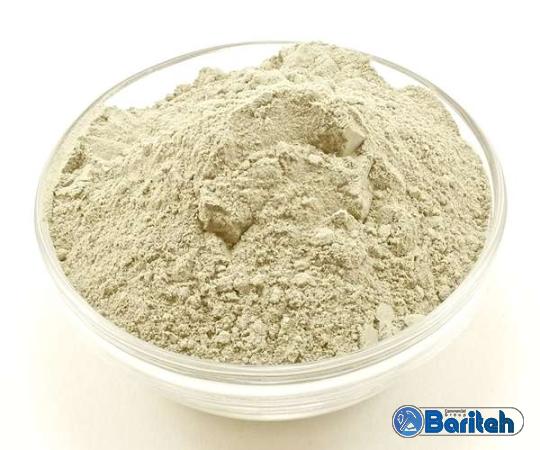
.
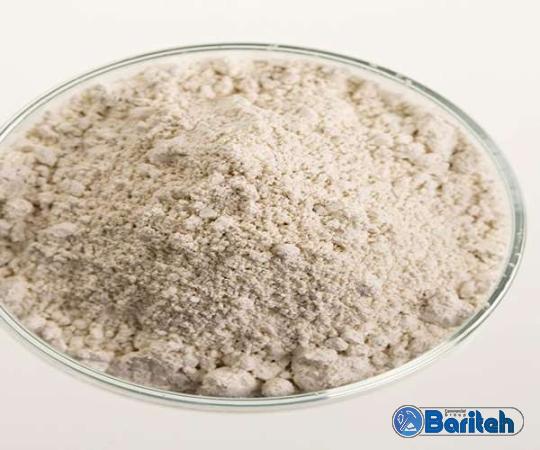 2. Swelling Properties: When in contact with water, bentonite clay exhibits swelling properties, expanding and forming a gel-like substance. This unique characteristic makes it particularly useful in drilling operations, where the clay is incorporated into drilling fluids to stabilize boreholes, prevent fluid loss, and support excavation processes. The swelling ability of standard quality bentonite clay also finds applications in civil engineering, where it functions as a waterproofing agent for structures due to its ability to reduce water permeability. 3. Adsorption and Ion Exchange Capacity: Bentonite clay demonstrates strong adsorption capacities, actively attracting and retaining substances onto its surface. It effectively absorbs toxins, heavy metals, and impurities, making it a valuable ingredient in water treatment plants. Furthermore, its ion exchange capacity allows bentonite clay to remove harmful chemicals from various solutions, including wine and edible oils.
2. Swelling Properties: When in contact with water, bentonite clay exhibits swelling properties, expanding and forming a gel-like substance. This unique characteristic makes it particularly useful in drilling operations, where the clay is incorporated into drilling fluids to stabilize boreholes, prevent fluid loss, and support excavation processes. The swelling ability of standard quality bentonite clay also finds applications in civil engineering, where it functions as a waterproofing agent for structures due to its ability to reduce water permeability. 3. Adsorption and Ion Exchange Capacity: Bentonite clay demonstrates strong adsorption capacities, actively attracting and retaining substances onto its surface. It effectively absorbs toxins, heavy metals, and impurities, making it a valuable ingredient in water treatment plants. Furthermore, its ion exchange capacity allows bentonite clay to remove harmful chemicals from various solutions, including wine and edible oils.
..
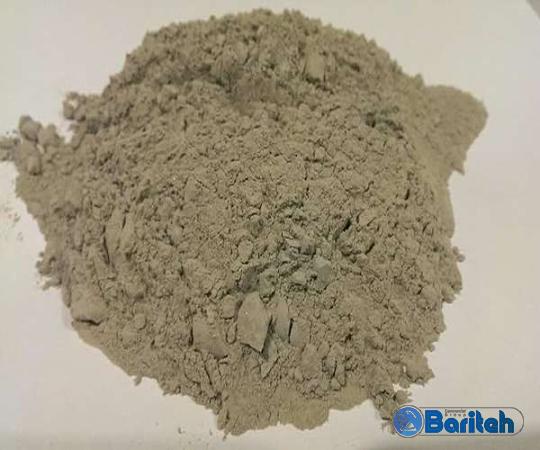 This makes it a critical component in the food and beverage industry to improve product quality and taste. 4. Environmental Remediation: Standard quality bentonite clay plays an essential role in environmental remediation projects, particularly in the containment and removal of hazardous substances. It is commonly employed in the construction of landfill liners, preventing the migration of contaminants into the surrounding environment. Bentonite clay also aids in the remediation of water bodies contaminated with pollutants by effectively removing heavy metals and other harmful substances. 5. Health and Wellness: Bentonite clay’s detoxifying and purifying properties have made it a popular ingredient in health and wellness products. It is widely used in face masks, body wraps, and bath salts to draw out impurities, reduce acne, and improve skin health. Additionally, its alkalizing properties promote overall digestive health when ingested as a dietary supplement.
This makes it a critical component in the food and beverage industry to improve product quality and taste. 4. Environmental Remediation: Standard quality bentonite clay plays an essential role in environmental remediation projects, particularly in the containment and removal of hazardous substances. It is commonly employed in the construction of landfill liners, preventing the migration of contaminants into the surrounding environment. Bentonite clay also aids in the remediation of water bodies contaminated with pollutants by effectively removing heavy metals and other harmful substances. 5. Health and Wellness: Bentonite clay’s detoxifying and purifying properties have made it a popular ingredient in health and wellness products. It is widely used in face masks, body wraps, and bath salts to draw out impurities, reduce acne, and improve skin health. Additionally, its alkalizing properties promote overall digestive health when ingested as a dietary supplement.
…
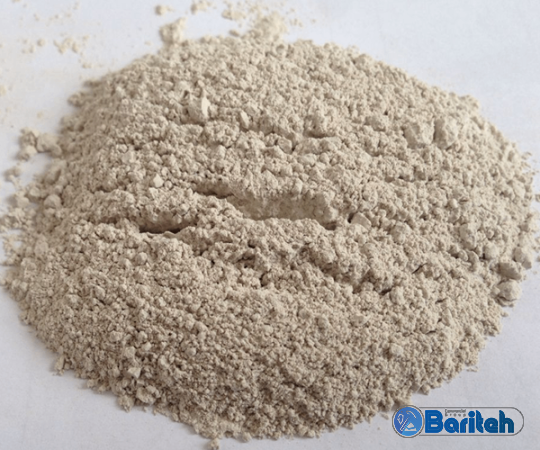 Quality Standards: When sourcing bentonite clay, it is crucial to consider certain quality standards. The clay should meet the prescribed standards for purity, free of contaminants and impurities that may compromise its effectiveness. It should be processed and handled following industry standards to ensure consistency and safety. Third-party certifications or verification can further validate the quality and authenticity of the bentonite clay being procured. Conclusion: Standard quality bentonite clay offers a multitude of benefits and diverse applications across multiple industries. Its inherent properties of absorption, swelling, adsorption, and ion exchange make it a sought-after resource in agriculture, construction, environmental remediation, and skincare. Understanding the quality standards associated with bentonite clay is crucial for businesses looking to make the most of its versatile applications while ensuring customer satisfaction and product efficacy.
Quality Standards: When sourcing bentonite clay, it is crucial to consider certain quality standards. The clay should meet the prescribed standards for purity, free of contaminants and impurities that may compromise its effectiveness. It should be processed and handled following industry standards to ensure consistency and safety. Third-party certifications or verification can further validate the quality and authenticity of the bentonite clay being procured. Conclusion: Standard quality bentonite clay offers a multitude of benefits and diverse applications across multiple industries. Its inherent properties of absorption, swelling, adsorption, and ion exchange make it a sought-after resource in agriculture, construction, environmental remediation, and skincare. Understanding the quality standards associated with bentonite clay is crucial for businesses looking to make the most of its versatile applications while ensuring customer satisfaction and product efficacy.
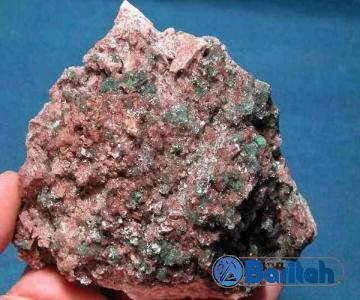
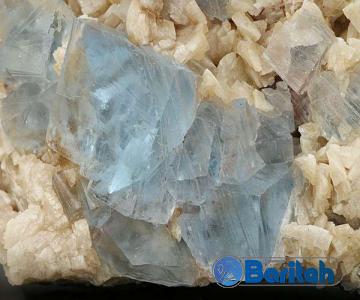
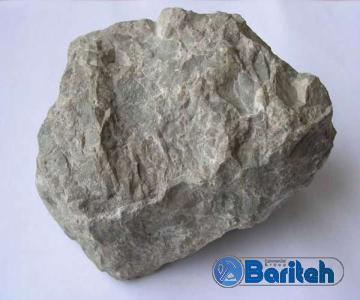
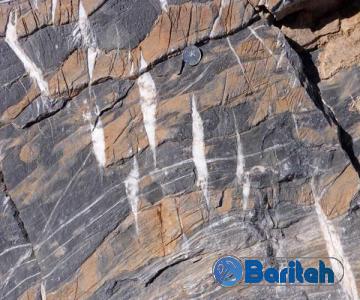
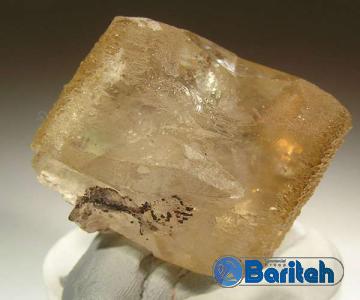
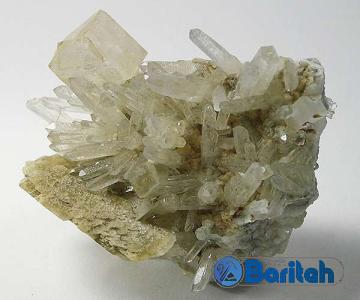
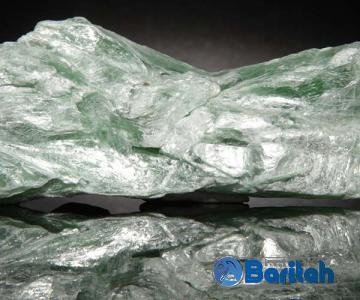
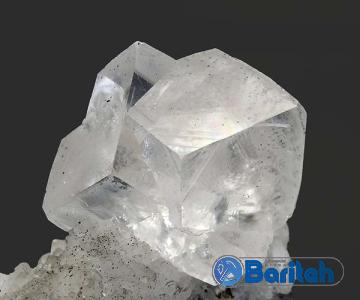
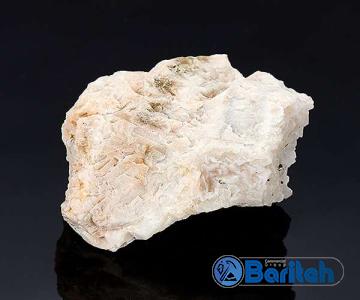
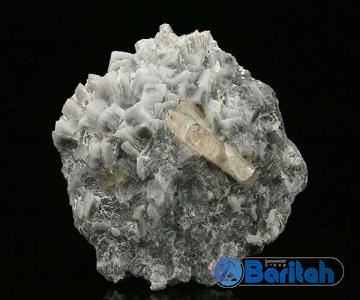
Your comment submitted.